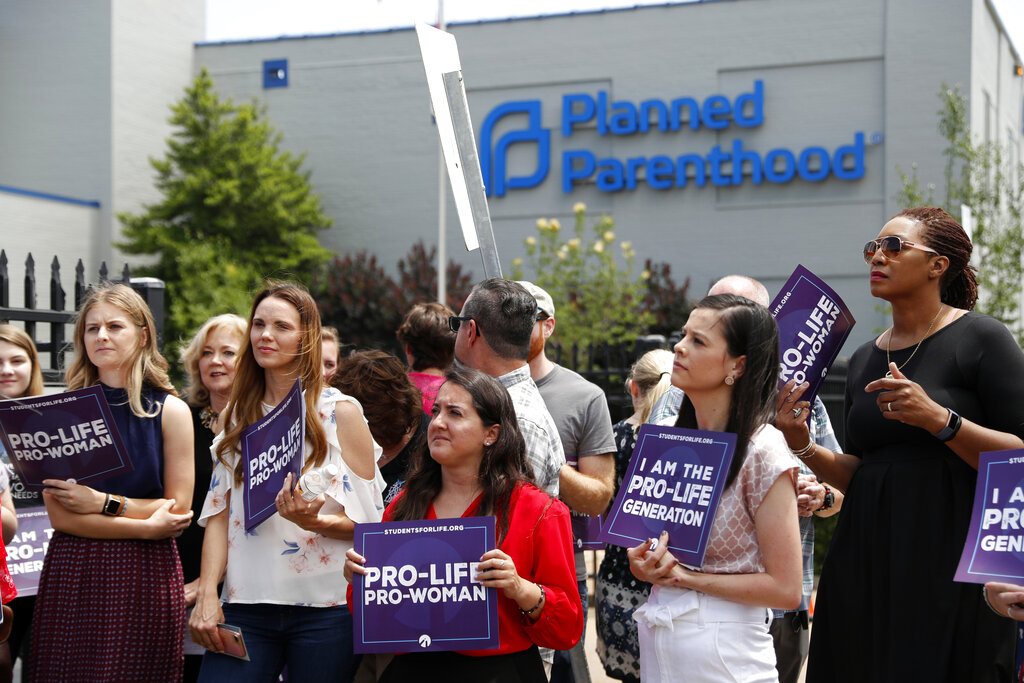There’s a move under way among American auto manufacturers to phase out AM radio from their vehicles.
One primary reason, they say, is electromagnetic interference from electric motors which can cause poor audio quality on AM radio frequencies.
The interference is more pronounced in electric vehicles, but some manufacturers, Ford being one, have taken the extra step of removing AM radio from all new vehicles both electric and gas.
Consumers’ declining interest in AM radio as opposed to FM radio and digital media sources is another consideration for manufacturers.
What’s being ignored, lawmakers say, is AM radio’s critical importance in emergency communication.
A.M. radio serves as the backbone of the nation’s Emergency Alert System. EAS came about in 1997, a replacement for the much older Emergency Broadcast System, The Smoky Mountain News of Waynesville, North Carolina reports.
EAS makes it possible for the President to address Americans during a crisis within roughly 10 minutes, and AM radio is at the core of the plan.
Seventy-seven stations that reach roughly 90% of the population are designated as “primary entry points.” The vast majority of these are AM stations. They take emergency information from federal agencies and transmit it other media.
AM radio is especially helpful as it is considered more effective in warding off electromagnetic pulses – EMPs – which are commonly associated with a nuclear burst.
When Hurricane Helene assaulted Western North Carolina last September, WPTL-AM was able to get back on the air quickly – once workers removed fallen trees blocking the road to the transmitter – and continue delivering critical information to the community, The Smoky Mountain News reported.
This isn’t only about cost and technology
Now there’s a different kind of emergency in play for AM radio, one of free speech.
Auto manufacturers may have costs and modern technology in mind in their efforts to eradicate AM, but reliance on corporate streaming services and pre-programmed music would remove control of critical content from many communities.
It’s a scenario that could also make it harder for listeners to find Christian-based news and entertainment.
“The battle over content control now extends beyond our handheld devices, reaching into the very cars we drive. Now is not the time to allow automakers to become the next gatekeepers of information, determining which voices are heard and which are suppressed,” Troy A. Miller, president and CEO of The National Association of Religious Broadcasters, wrote in an op-ed for Newsmax.
“AM radio provides a platform for voices that might otherwise be marginalized by algorithm-driven digital platforms,” he continued. “The attempt to remove AM radio from the auto dash concerns more than technology and entertainment. It’s about who controls the message Americans can hear.”
Sen. Markey introduced bill
At a time when our nation is deeply divided politically, politicians from each side of the aisle are running toward AM radio with arms wide open.
Senate Bill 315, The AM Radio for Every Vehicle Act of 2025, was introduced in late January by Sen. Edward Markey (D-Massachusetts).
The bill currently has 33 Republican co-sponsors, 18 Democratic co-sponsors and is backed by the Senate’s two Independents, Bernie Sanders of Vermont and Angus King of Maine.
The parallel legislation in the House, filed on the same day, was introduced by Gus Bilirakis, a Florida Republican, and Frank Pallone, a New Jersey Democrat.
Forty-two Republicans and 38 Democrats have co-sponsored the House bill.
“When cell networks and the internet fail, radio remains a critical lifeline, just as it did during Hurricane Helene, keeping communities informed when they need it most. AM radio delivers real-time updates that save lives. It’s essential that policymakers protect this vital source for the people who rely on it,” Curtis LeGeyt, president and CEO of the National Association of Broadcasters, told Smoky Mountain News.
Ted Cruz all in for AM
Senator Ted Cruz gave a passionate defense of AM radio, particularly from the free speech perspective, in his recent address to NRB at its Dallas meeting.
“We’re living in a time where free speech, particularly faith-based voices, is being threatened. AM radio isn’t just a medium for news and entertainment. It’s a critical platform for emergency communication, public discourse and of course, for Christian radio.
“I’m honored to stand with you in defending religious liberty, protecting free speech and ensuring that Christian media continue to thrive,” he said.
The deal isn’t done yet but AM radio appears to have great Congressional support.
It’s pretty solid in the White House too.
“I will do my part to protect AM radio in our cars,” President Donald Trump told NRB.







